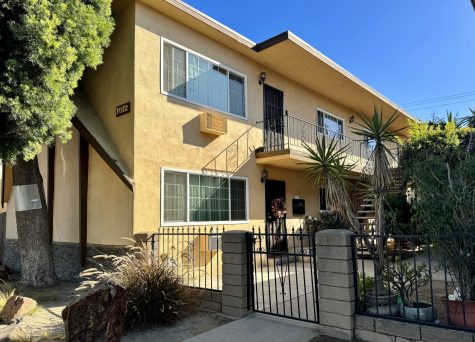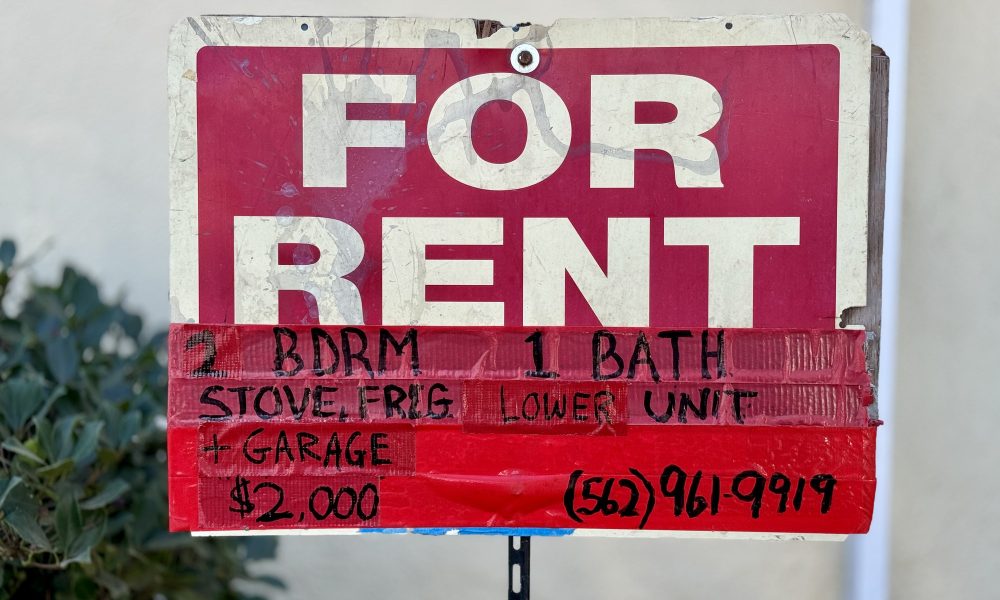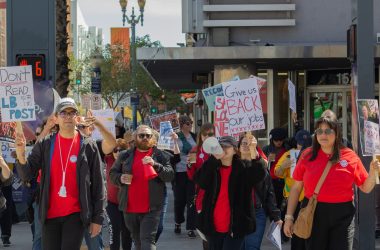Since early 2020 in the midst of the COVID-19 pandemic, landlords in Los Angeles County have been unable to raise rent due to the emergency protections set in place. Now, nearly four years later and with inflation at an all-time high, those protections are set to expire on Jan. 31.
While there are still a few months left until the current protections expire, members of the L.A. County Board of Supervisors have already decided the fate of future rent increases. Starting in February, landlords will be able to increase rent by up to 6%.
In a vote that took place on Nov. 15, board members had two options to choose from.
The first option allows for the current formula in place to set the cap on rent increases at 7%. That cap can increase up to 9% if the landlord covers the cost of utilities, which equates to about a $100 increase in rent.

The formula producing the cap number is based on the Consumer Price Index, which “is a measure of the average change over time in the prices paid by urban consumers for a market basket of consumer goods and services,” according to the U.S. Bureau of Labor Statistics.
In other words, it is the measure of inflation, which is why the formula allows for such a steep rent hike.
“I can barely afford rent as it is now,” said Donna Herrejon, a Long Beach resident and recent graduate of the Long Beach City College baking program.
“I’m not even gonna think about that until the vote is official.”
While this first option is hard to accept for L.A. County tenants, the second option is equally difficult to stomach for L.A. County landlords.
Suggested by L.A. City Councilman Bob Blumenfield, the proposal would allow a 4% increase in rent, or 6% for landlords that cover utilities.
With inflation currently at such a high, landlords have been vocal about the increase of 4% not being enough to cover the cost of maintenance and upkeep. This also does not include what was lost during the past four years of frozen rent prices.
“Insurance has gone way up, government fees have gone way up, trash hauling fees, utilities have gone up and it’s just impossible to stay in business when you’re unable to increase your revenue to match these large cost increases,” said Dan Yukelson to CBS, the executive director of the Apartment Association of Greater Los Angeles.
Unless a new proposal is offered, there will be no outcome where tenant and landlord are equally happy. While a compromise has not been reached, discussions surrounding rent increase and inflation continue to take place on both sides.
“Compromise is a critical component of the relationship,” said Long Beach City Councilman Daryl Supernaw, whose district includes the CSULB campus.
“Avoiding an ‘us versus them’ mentality is key to developing mutually benefiting agreements.”




